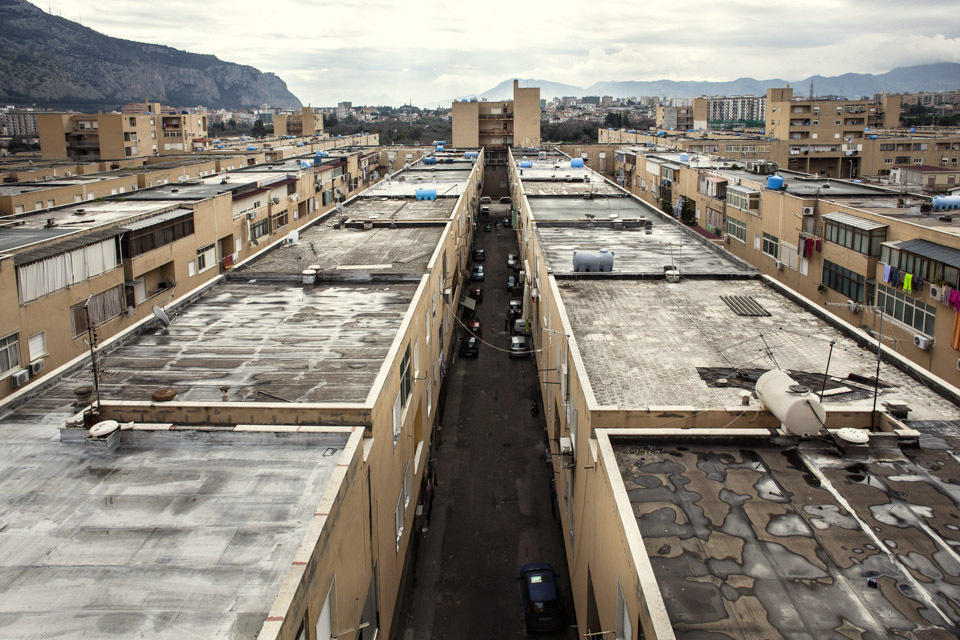
How Mafia-type groups respond to Italy’s Covid-19 economic emergency
Martina Bedetti
University of Bath
The Coronavirus outbreak is having a severe impact on the global economy: big drops in stock markets, a rise in unemployment and the risk of a global recession. (1) In particular, Italy, which has been one the worst affected countries in Europe has suffered significant economic losses. According to forecasts it is estimated that this year the italian GDP will probably drop by 6%/10% in comparison with 2019 (2) figures, while the worst hit sectors seem to be the manufacturing and tourism industry. For this reason Fitch has decided to downgrade Italy’s credit rating to BBB-.
This crisis has had visible consequences on Italians, especially during the Lockdown. For instance, rising poverty and unemployment, difficulties in getting “primary goods”, lack of liquidity for small and medium-seized enterprises and problems in accessing credit. It is clear that during this period without efficient tools to support the socio-economic fabric, Mafia type syndicates will take advantage of the pandemic. In fact, Mafias can be defined as “liquid” (3) entities that are able to easily adapt their strategies to new economic and social contexts in order to survive and succeed.
Surely, this emergency crisis has triggered the evolution of criminal markets providing opportunities for new businesses and, at the same time, boosting other sectors in which organized crime groups have already present. In this regard, it is thought that the “food supply chain, healthcare, tourism, restaurants, small and medium-seized enterprises” (4) will probably be the most vulnerable and the North of Italy might be the preferred region to target. Following the global trend, also cybercrime might rapidly emerge in Italy as a risk area too.
Lack of liquidity and wear
As mentioned before, SMEs are facing economic and liquidity problems and therefore they might be considered as vulnerable entities. For this reason, the Italian State has recently taken measures to improve the liquidity positions of companies and to help them access credit according to the “Liquidity Law decree”. However, it seems that this may not be enough: in the experts’ opinion, around 44% of companies are facing problems accessing these new State funds (5).
On the contrary, mafia syndicates can count on huge amounts of cash. For this reason, these groups can easily offer credit to businesses, lend money to distressed companies and acquire failing ones. Consequently, mafia groups will further pollute the legal economy by controlling companies which previously were not infilitrated.

In this regard, it must be mentioned that wear offences have increased over the last few years: for instance, the DIA report in 2019 stated that “thanks to wear and extorisions the ‘ndrangheta is able to penetrate the legal economy” . It is now clear that the pandemic is offering further opportunities in this sector. 0Furthermore supporting enterprises and meeting the needs of the population help organized crime groups to gain and streghten local support, which is vital for their survivor. A clear example is given by the Camorra gangs and the Sicilian mafia, which have been offering welfare assistance to low-income families both in Naples suburbs and in the Zen quarter in Palermo. Thus, the mafia can probably count on their loyalty and take advantage of the rising poverty. by later recruiting unempoyed people to the organisation (6) or asking them to return the favor at election time.
Lockdown and old businesses
Another aspect to be considered is drug trafficking since it is one of the most profitable mafia activities. According to experts, the ‘Ndrangheta controls almost 80% of the European cocaine market and it seems that this business has not been severely affected by the lockdown. Surely it is now more difficult to smuggle drugs, but it seems that organized crime groups have changed strategy by using couriers to deliver drugs to people confined at home (7).
Corruption and mafia infiltartion in the public prourement process, especially in the healthcare system must be considered as another high risk area especially when the emergency will be over.
References:
1-Jones Lora, “ Coronavirus: a visual guide to the economic impact”, in www.bbc.com, 30 April 2020
2-Confindustria, “Le previsioni per l’Italia. Quali condizioni per la tenuta ed il rilancio dell’economia?” in www.confindustria. It, 31 Marzo 2020
3-Forgione Francesco, “Commissione Parlamentare di Inchiesta sul fenomeno della criminalità organizzata mafiosa o similare. Relazione annuale sulla ‘ndrangheta”, XV legislatura, p. 18, 2008
4-Messina Francesco in “Coronavirus, Viminale: «Rischio mafia più alto per l’economia», www.ilsole24ore.com, 28 March 2020
5-Calugi in “Coronavirus, Calugi (Fipe) su dl liquidità: “44% imprese lamenta difficoltà sui prestiti. Rischio di usura e di consegnare settori alle mafie”, www.ilfattoquotidiano.it, 28 April 2020. 6-Lorenzo, “ Mafia distributes food to Italy’s struggling residents” in www.theguardian.com, 10 April 2020 7-Interpol, “ dealers using food delivery services to transport drugs during COVID-19 lockdowns”, www.interpol.int, 30 April 2020.
***
This blog aims to reflect the opinions, thoughts, and concerns of academics and researchers related to COVID-19. All views belong to authors and it does not represent the views of any organisation.

